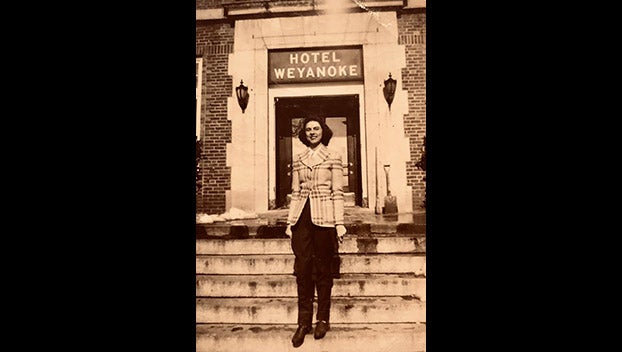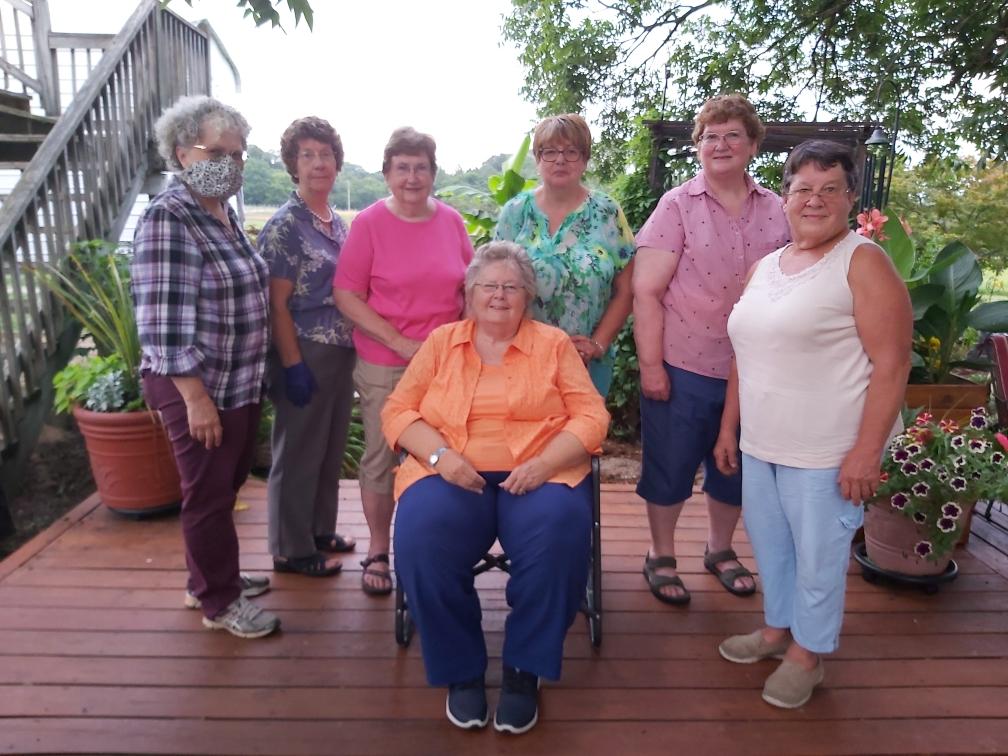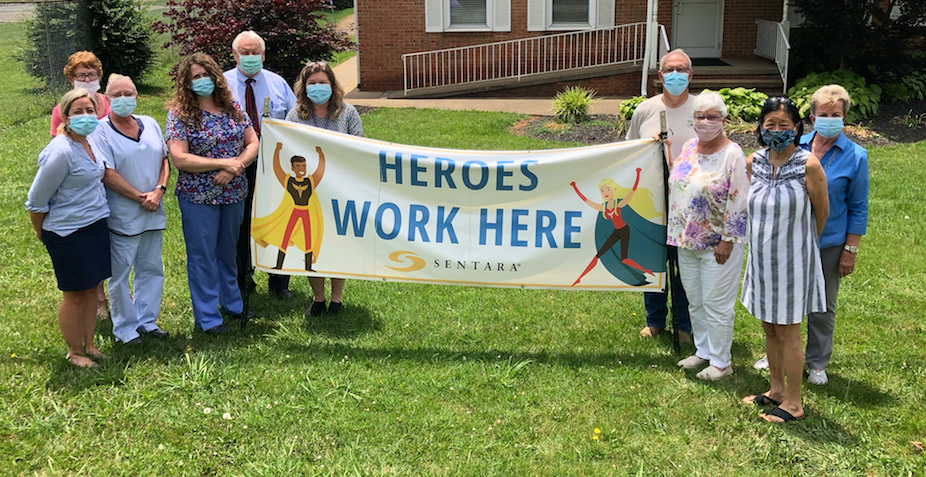…Pilgrimage…
Published 3:03 pm Thursday, October 18, 2012
I went on a pilgrimage last week to the mountains.
I often like going for what I call “rambles”, road trips through rural Virginia. My gazetteer in hand, I turn down unmarked roads that could very well become gravel at any moment before finally disappearing altogether. Often, I never make it to the little town or post office that I circled as my goal.
Life can seem overwhelming, crammed with goals, hierarchies and responsibilities. I often try to fulfill these expectations by creating longer lists and reading about the newest productivity method that is the epitome of efficiency. I will happily admit that I find much greater pleasure in my country road rambles, missing the mark altogether, than I do in my day-to-day life, while always trying to reach my self-imposed expectations.
This trip to the mountains was to be a conventional pilgrimage. I actually arrived at my destination: Tinker Creek. While living in California, I had read Annie Dillard's Pilgrim At Tinker Creek. When I realized the creek flowed through the outskirts of Roanoke, in my native Virginia, I decided I wanted to visit. That was two years ago.
Last week I found a summer camp nestled in the Shenandoah Valley between Roanoke and Buchanan where I could rent a cabin cheap.
Gas is expensive. Time is precious. Efficiency suggested I follow Google's first choice: a fast, direct route on very straight roads. I could travel 20 less miles and be tucked into my cabin before dark.
Of course, I chose the second best option: 460 to Bedford then a squiggly line up the mountain, a short jaunt down the Blue Ridge Parkway and an equally squiggly line down the other side. The hairpin turns were a bit unwieldy. And, yes, they were aptly named. How inefficient to be zigzagging up a steep mountain when a graded interstate that cut straight through rock would get me to my destination in minutes.
This was supposed to be an economical trip. I brought food I already had in the fridge. And the cabin was no mountain chalet rental with accompanying hot tub. It was comprised primarily of a large dusty room, ten cobweb covered bunk beds, a mini-fridge and a locker style bathroom.
But, I ended up spending money I didn't have on something I didn't need. This purchase wasn't in the budget. It wasn't on a list.
I was in a crowded used bookstore in Buchanan. My elbows, which are admittedly clumsy, kept knocking over books that were stacked four feet high in the aisles. But, what I saw was Pilgrim At Tinker Creek.
It was a first edition. I have never spent money on a first edition before. Sure, I buy books. Lots of them. When I move, my primary concern is what to do with all my books, besides a halfhearted purge. My paperback edition of Pilgrim had already made the cut of the moving purge several times. And is in good shape, still generally legible despite underlined sentences, scribbled thoughts crammed between paragraphs and explanation points in the meager margins.
But, as soon as I saw that first edition, I knew I would buy it. This first edition isn't a rare find. I'm sure there are thousands of copies floating around in the world. In fact, there were two copies on that shelf. What grabbed me was the physicality of the book, its binding, its cover, its rough edged paper, its body. The book itself had presence.
Dillard's style is distinct, filled with rough images of nature's raw beauty and deadly excess. This edition fit its contents. It was bigger than my flimsy paperback at home. It had weight, substance. The pages were laid out without concern for wasting space or paper. The blocks of text cushioned on either side by fields of empty white margins. They were meditative. There was plenty of room for a reader to write in, to process, to make it her own.
Seeing that first edition, holding it in my hands as other customers pressed past me in the bookshop, it was hard to imagine reading Pilgrim any other way.
I will dare to say that one cannot be a pilgrim – or truly see the mountains – by driving up 81. Only when I push up the slow road, only when I can no longer depend on the automatic transmission and must touch the gear lever myself, shifting down to slow my descent, only then do the unhurried curves, the overhanging trees, the crushed leaves all combine until I feel the heft and see the edges of the mountain.
Pilgrimages are historically taken to places of religious significance. An eight-inch deep creek next to a gas station may not fit the standard image of a cathedral with candles to light, a river deep enough to bath in or an ancient flight of stairs to climb.
Tinker Creek wasn't far from the straight lines of urban sprawl when Dillard wrote and is even less so now. But, when I parked at a gas station and walked down the little knoll to the stream, it still felt like a sacred space. Trees guarded the edges of the water and formed a gothic ceiling overhead. They held back the nearby frantic traffic, the gas station, the world.
There was an open aisle of space over the water. A void that made room for nests, eggs, a chick's attempt at flight and a first baptism in its cold waters. Room for penitent weasels to nest away in the darkness gnawing on the bones of their prey. Room for mendicant leaves to drop the last of their earthly powers and float away, rotting into a richer spot of earth.
This isn't to say that order, lists, Google Maps, planned communities and cheap paperback books are bad. But, I think sometimes they trick us into thinking that we can live without feeling the weight of things. That efficiency and a good value are what make life valuable and worth living, instead of time and space to simply be and let the things around us be.
Usually that means I have to take more time, sometimes spend more money and always try to pay closer attention. Sometimes rambling down almost gravel roads will bring me closer to truly living than a straight-shot up the interstate at 70 mph and a new to-do list. It is the hairpin turns, the white space around the text, the room for writing in the margins, for processing, that allow me to live my life to the fullest, being changed by the text and my pilgrimage along the way.






